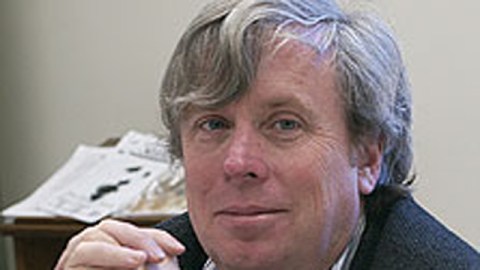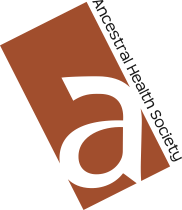The Laws of Nature and Nature’s God?

The intelligent design community has responded to my confession of ignorance. They say that “intelligent design” is the God of the physicists and the philosophers, what, in fact, we can know by nature. We can say that the intelligble order of nature points in the direction of an intelligent power. To know more than that requries revelation, but what revelation teaches doesn’t contradict what we can know by nature.
One problem is that what we can know by nature is matter of controversy.
One minimalist view of natural theology is found in our Declaration of Independence. Through unassisted reasoning, certain truths or “laws of nature” are evident to us. And we can distinguish between the absolute determinism of what exists by nature–of what obeys rational laws–and the absolutely free and rational lawgiver who is the Creator.
Man (human being), we can know by nature, is a third category. We are like the other animals in many ways, in our embodiment. But we’re unlike the other animals in our freedom to negate nature. We’re also unlke the other animals in being aware of our neediness, our precarious contingency and finitude as particular beings. That’s because we’re unlike the other animals in being open to the truth about ourselves and nature. So we’re incentivized, so to speak, to move away from who we are by nature through inventions of all kinds. The laws of nature, insofar as they apply to us, don’t induce us to act according to nature.
In those ways we are actively free (or creative) and rational, we can say we’re like God.
So we are “in between beings,” but even those characteristics we share with the other animals are transformed to some great extent by the qualities we share with God.
Only we “betweeners” have rights. God doesn’t need them, and the other animals are unable to know that they have them and so are unable to exercise them.
And only we need to invent government, because the other animals are equipped by nature to do perfectly well without it. We’re the only animals who need to think and work our way out of “the state of nature.”
And only we are free to pursue happiness in ways that seem unnatural and futile.
We betweeners–compared to God and the other animals–are free enough to be screwed up, and so we have a greatness and a misery all our own. We also have what’s required for moral choice and even for acts of extraordinary virtue. We can risk our lives and fortunes for our sacred honor. We also have self-obsessive and vain vices that cause us to need protection from each other by a good government with big teeth.
There’s a lot more to say. But do we know all I’ve said so far by nature? And is all this really a “natural theology?”





